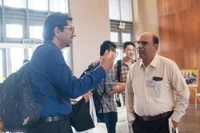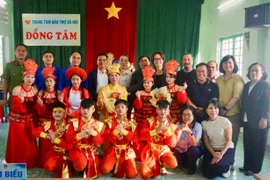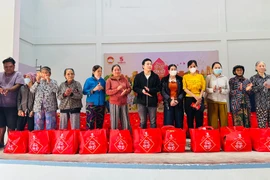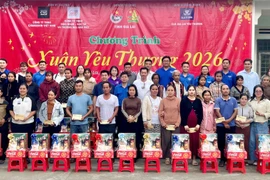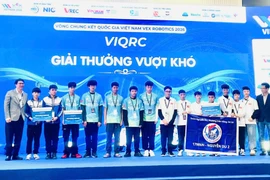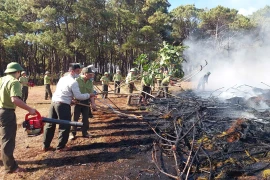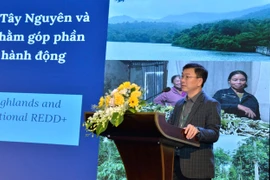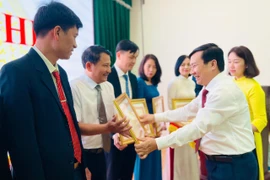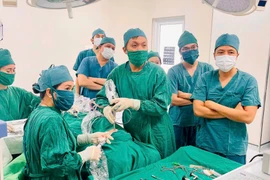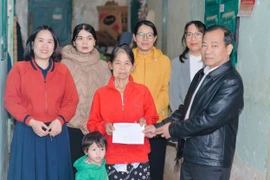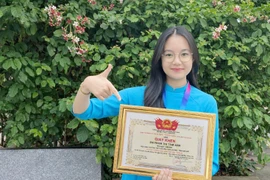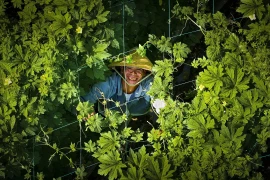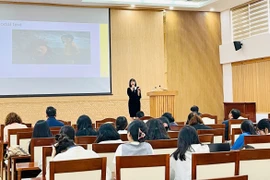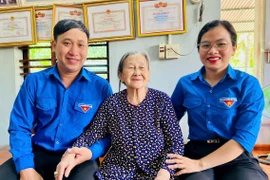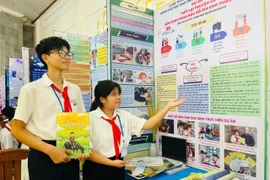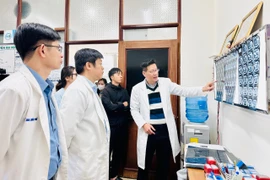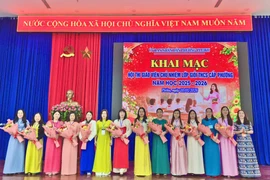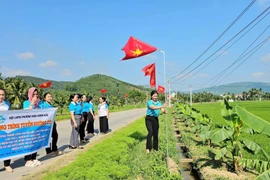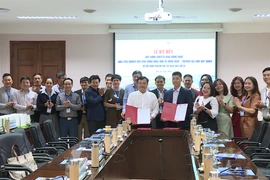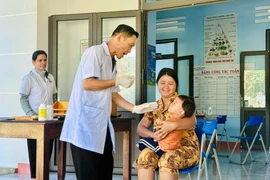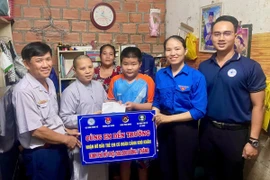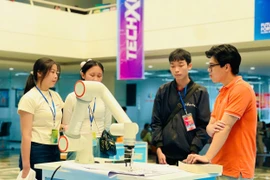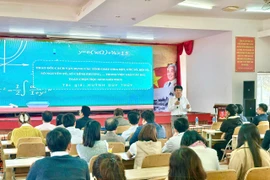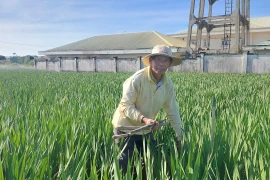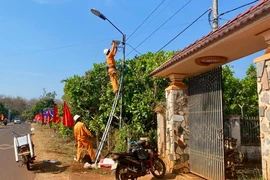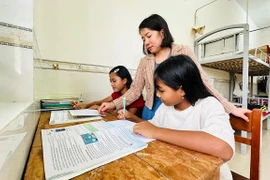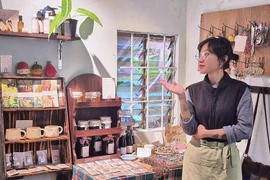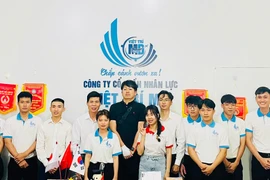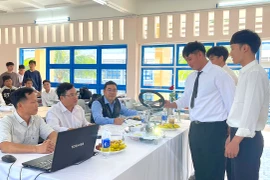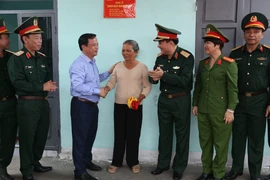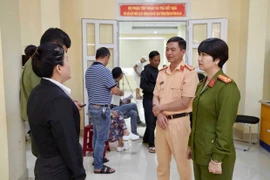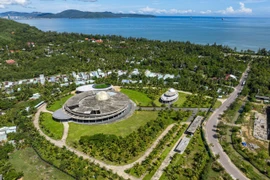The event, themed “Metagenome analysis in One Health practice - From 16S to shotgun”, was jointly organized by the Rencontres du Vietnam Association, the International Center for Interdisciplinary Science and Education (ICISE) in Quy Nhon and LOBI Vietnam.
It forms part of an annual training program launched in 2022 to update students, doctoral candidates and young lecturers on the latest research methods in biology.

This year’s program emphasizes bioinformatics skills for metagenome research. Participants received hands-on training with real data, ranging from sequencing data handling and quality control to identifying microbial diversity, analyzing bacterial community composition, and visualizing results with R.
The curriculum included 16S rRNA amplicon analysis, shotgun metagenomics for assembly and functional analysis, and advanced data visualization techniques such as heatmaps, ordination plots and network graphs.
Alongside the training, VSOB-4 featured three scientific presentations by leading experts. Prof. Dr. Trương Nam Hải of the Institute of Biotechnology, Vietnam Academy of Science and Technology, spoke on “Introduction to Metagenomics and Its Applications in Agriculture.”
Dr. Nguyễn Thị Vy from Vietnam National University, Ho Chi Minh City, presented research on the gut microbiome in Vietnamese adults.
Dr. Rajesh Pandey from the Institute of Genomics and Integrative Biology (IGIB-CSIR), India, discussed “The interwoven world of microbes: Transcriptionally active microbes and disease severity.”

Metagenomics has become a cutting-edge field, enabling scientists to study complex microbial communities across environments, animals and humans.
Advances in sequencing technologies, particularly 16S rRNA and shotgun sequencing, are creating new opportunities in One Health research, an approach that integrates human, animal and environmental health.
Dr. Trần Thanh Sơn, Deputy Director of ICISE, said VSOB-4 affirmed its role as a platform for practical training and academic exchange, contributing to the development of the next generation of biologists and biotechnologists.

